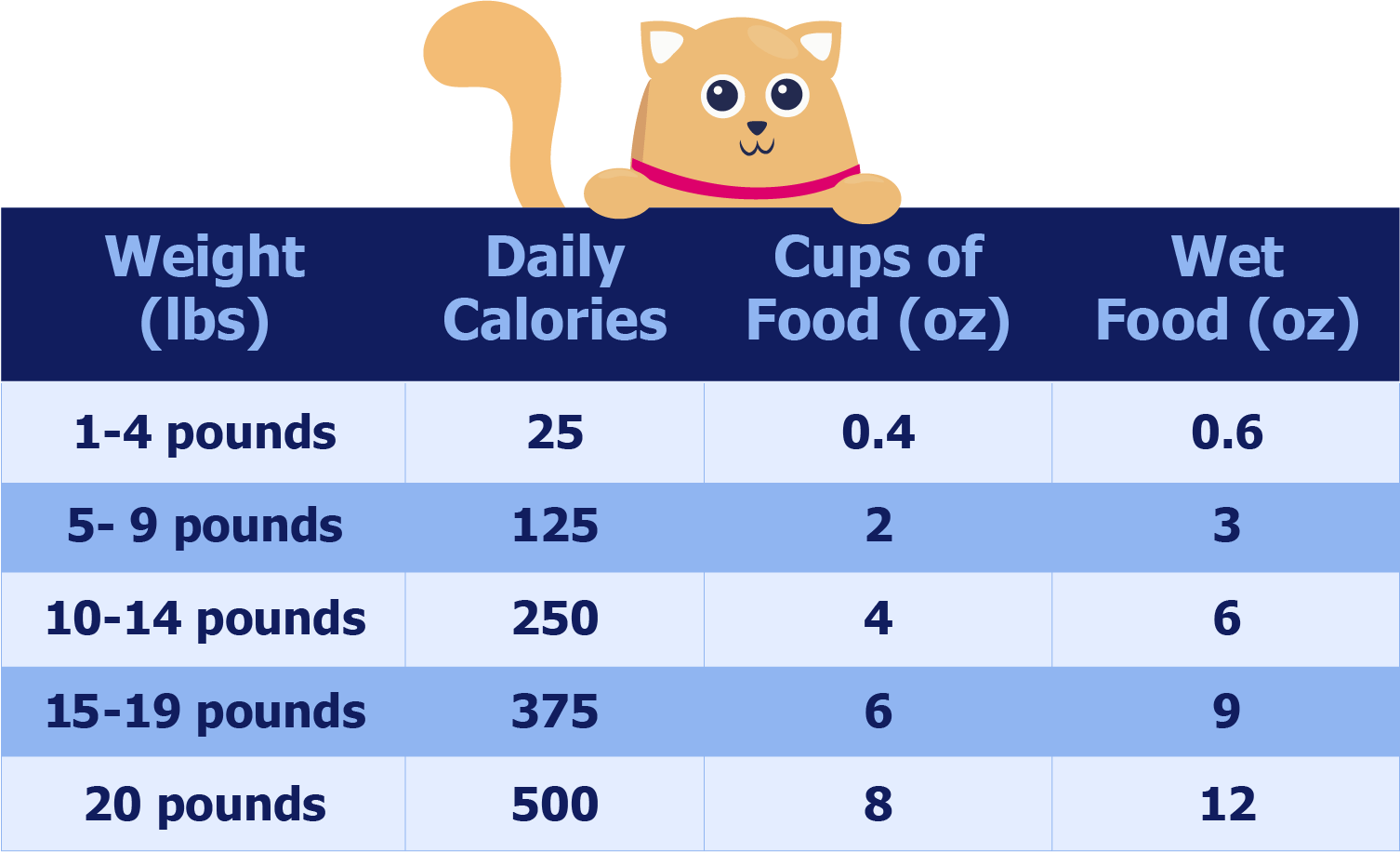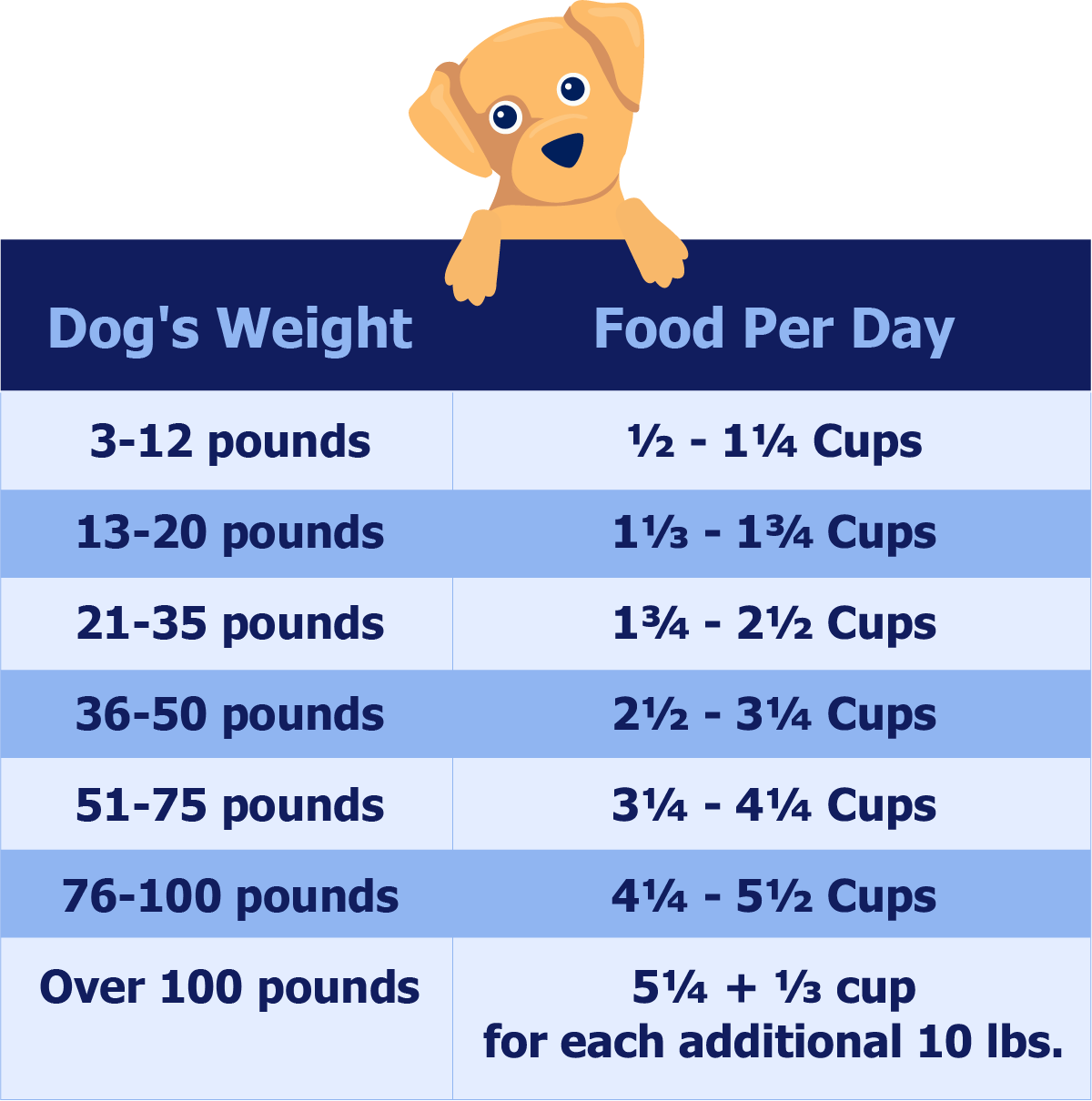Pet Nutrition by Life Stage: Feeding Your Pet at Any Age

Like us, our pets have different nutritional needs throughout their lives. From the unlimited energy of puppies and kittens to the golden years of our senior pets, tailoring their diet each life stage sets them up for a lifetime of health and happiness.
🔑 Key Takeaways
- A puppy’s or kitten’s needs differ from those of an adult dog or cat. Tailoring their diet ensures they get the right balance for optimal health.
- Choose high-quality pet food that meets AAFCO standards and provides essential vitamins, minerals, and nutrients.
- Monitor your pet's weight and adjust feeding amounts to prevent obesity. Treats should be a small part of their daily intake.
- Always keep fresh, clean water available for your pet to stay hydrated.
Feeding Your Pet by Life Stage
Rather than feeding your pet a one-size-fits-all diet, choosing optimal food for their age is one of the most essential nutritional decisions you can make for your pet.
Your veterinarian can advise you about the best food options for your pet, and the Association of American Feed Control Officials (AAFCO) can provide additional guidance on pet food labels.
Puppies and Dogs
Feeding your growing puppy or adult dog a well-balanced diet that is appropriate for their age is a key component of preventative wellness care.
Puppies
Puppies require a diet packed with extra calories and nutrients to fuel their rapid growth. Look for food labeled for "growth" and consider a large-breed puppy formula for puppies such as labradors, golden retrievers, great Danes, and mastiffs, which is adjusted accordingly to prevent developmental problems as they rapidly grow.
Look for a good balance of calcium and phosphorus, essential for bone growth. Ingredients containing omega-3 fatty acids support brain and vision development.
Young and Adult Dogs
Once your dog reaches adulthood, their dietary needs shift. Dogs are in the adult stage, from approximately 1 to 7 years of age. Your dog’s calorie needs depend on their activity level, size, and breed.
During this time, they'll need a balanced adult food that provides enough protein to maintain muscle mass, moderate fat for energy, and essential vitamins, minerals, and antioxidants for long-term health.
- Active pups may need more calories than couch potatoes, so adjust portions accordingly.
- Nursing or pregnant dogs require more calories and nutrients to support their growing babies.
Seniors
As dogs enter their golden years (usually around seven years old for mid-sized breeds), their nutritional needs change again. It’s important to choose a food with moderate high-quality protein to maintain muscle mass while protecting the kidneys.
Look for options with a lower fat content to prevent weight gain due to lower activity levels and higher fiber content to support digestive health.
Talk to your veterinarian about joint supplements such as glucosamine and chondroitin, which may be incorporated to promote joint health, and antioxidants for immune support.
Feeding Tips for Dogs
Your veterinarian can advise you on your dog’s specific requirements and needs, but here are some general guidelines to help you make the best nutritional decisions for your furry companion.
- Feed your dog a high-quality, well-balanced diet.
- Look for diets that meet the AAFCO (Association of American Feed Control Officials) standards
- Puppies should be fed 3 to 4 times a day
- Adult dogs should eat two times per day
- Senior dogs can eat 2 to 3 times per day to help with digestion
- Monitor your dog’s weight closely and adjust portions to prevent obesity
- Limit treats to 10% of daily caloric intake
- Ensure that fresh water is available at all times
- Separate pets at feeding times to reduce competition and make sure they are eating their full meals
- Regular veterinary checkups are important to monitor your pup’s health and weight – diets can be adjusted as needed
Cats and Kittens
Healthy eating is as crucial for kittens and cats as it is for dogs. Our feline friends also need quality ingredients with essential vitamins and nutrients to support healthy development and adulthood.
Kittens
When choosing an optimal nutrition plan for your growing kitten, three of the most important nutrients to look for include fat, protein, and calcium. Choose a kitten diet labeled for growth with a high protein content to support their rapid development.
Kittens also need higher amounts of fat and calories to maintain their energy and growth, and calcium and phosphorus for healthy bone development.
Ingredients or supplements that contain omega-3 fatty acids can also be beneficial in supporting brain and vision development.
Young and Adult Cats
Cats reach maturity around ten months of age. Generally, they should be fed adult cat food from 10-12 months to 6-7 years old. Cats need adequate protein levels to maintain muscle mass, and moderate fat content provides energy without promoting excess weight gain.
A balanced diet for young and adult cats should also include essential vitamins, minerals, and antioxidants for continued health.
Nursing or pregnant cats will require more calories and nutrients, and feeding should be under the guidance of a veterinarian.
Senior Cats
Cats are generally considered seniors between 7 and 10 years of age and should be switched to a senior or mature diet after the age of seven. Like younger cats, seniors should be fed a diet with a high-quality protein source to maintain muscle mass. However, optimal food for older cats should contain less fat to prevent weight gain due to lower activity levels and higher fiber content to support digestion.
Ingredients containing antioxidants for immune support are also recommended for mature cats. Consult a veterinarian if your cat has any underlying health issues, such as diabetes, hyperthyroidism, or kidney disease, as it may require special food or diets.
Feeding Tips for Cats
- Feed your kitten or cat a high-quality, well-balanced diet that meets the AAFCO (Association of American Feed Control Officials) standards for age
- Kittens should eat 3 to 4 times a day
- Adult cats should eat 2 to 3 times per day
- Senior cats can eat 2 to 3 times per day to help with digestion
- Monitor your cat’s weight closely – adjust portions of meals to prevent obesity
- The amount of food fed per day depends on age, size, activity level, and overall health
- Cats with access to outdoors often require more calories than indoor-only cats
- Provide fresh water at all times
- Separate pets at feeding times to reduce competition and ensure they can finish their meals
- Regular veterinary checkups are important to monitor your cat’s health and weight and adjust diets as needed
- Always consult a veterinarian to determine your cat's specific requirements and needs
How Much Should I Feed My Pet?
View Results
How Much Should I Feed My Pet?
For guidance on your pet’s nutrition and optimal weight, schedule a home or virtual vet visit.
For guidance on your pet’s nutrition and optimal weight, schedule a home or virtual vet visit.

Share Quiz
Conclusion
By understanding your pet’s nutritional needs by life stage, you can provide them with the necessary nutrients and energy. From puppy and kitten food packed with ingredients to support their growth to senior diets formulated for their older years, optimal nutrition plays a vital role in their overall health and longevity. Your veterinarian is always a good resource for specific nutritional guidance and recommendations.
Discover the Recipe for a Healthy Pet
Consult with one of our vets about your pet’s nutritional needs and long-term health.
Frequently Asked Questions
What are the life stages of dog food?
The three major life stages for dog food are puppy, adult, and senior.
What are the life stages of cat food?
Like dogs, the three main life stages for cat food are kitten, adult, and senior.
How do the nutritional needs of your animal vary at different life stages?
As mentioned above, feeding your pet a diet formulated for their life stage is very important to promote healthy development, maintain an optimal weight, and provide the necessary nutrients to thrive.
Can you feed a puppy adult food?
If a puppy or dog food is labeled as being formulated for “all life stages,” then it meets the standards for growth, adult maintenance, and senior life stages.
What is the 25 rule for pet food?
According to AAFCO, the 25 rule for pet food requires that all ingredients make up at least 10% of the total food by weight and at least 25% of the product by weight, not including added water. If there is more than one ingredient, no ingredient can be less than 3% of the total product by weight.







